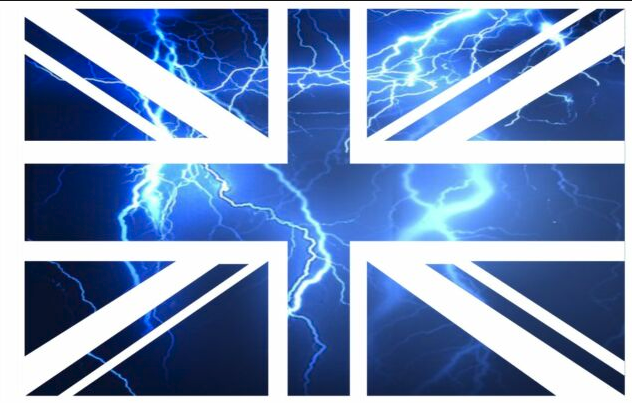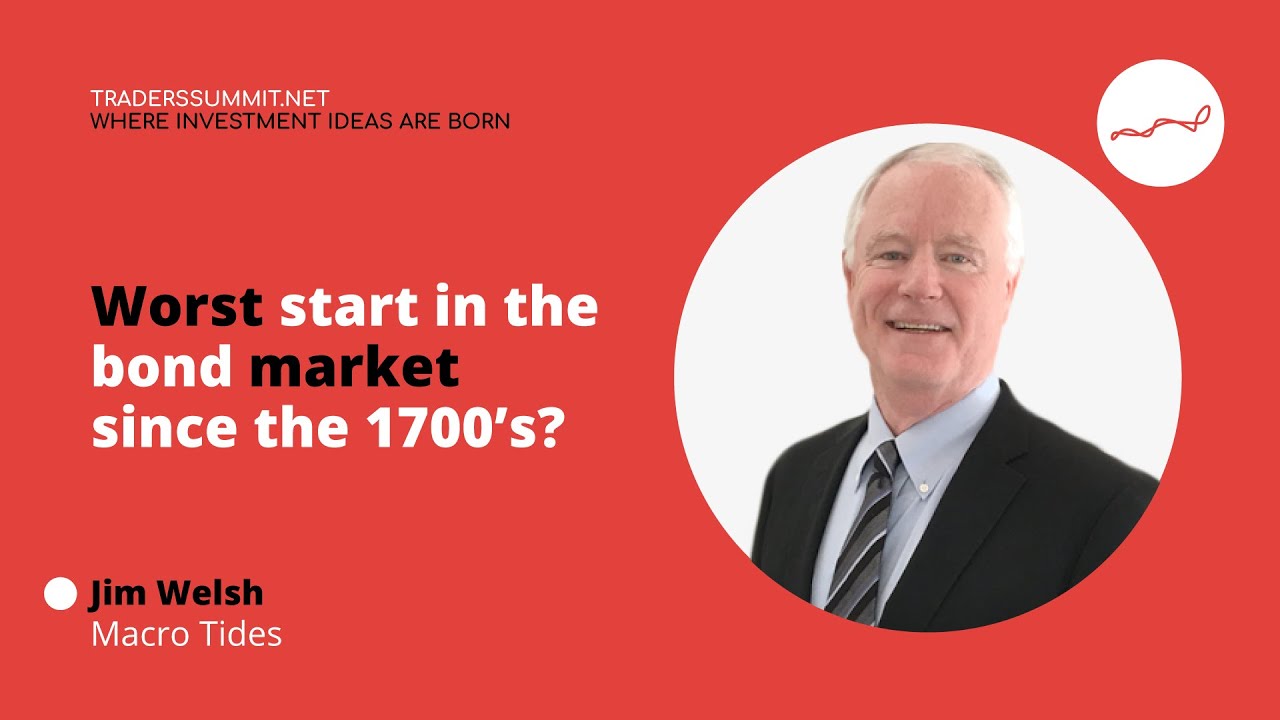The US, China, and Russia: Grand Strategies

The US, China, and Russia: Grand Strategies
China plays chess, it is said. America plays checkers. Can we get more banal or trite?
Democracy is always messy. The ancient Greeks and classical political philosophy did not think that the rule of many was sustainable. Therein is the American contribution to politics. Madison, in Federalist 10, outlines the view. The way to have a representative government over a large territory survive is to foster the conditions that prevent a permanent majority.
Democracy is always a work in progress. When America was founded, only white men with property could vote. State legislatures elected senators. The franchise was widened, and it has taken a struggle each step along the way. In Political Economy of Tomorrow, I suggested the right to vote could be extended to 16-year-olds, as they have done in some places in Europe and some US states’ primaries. New York City recently gave the right to vote in local elections to around 800,000 non-citizen residents.
Yes, there is a push back to restrict voting rights in many US states. Rearguard action is possible, which seeks to claw back previously secured gains. The 1965 Voting Rights Act protections are being tested, as are the rights recognized in the Roe vs. Wade decision and subsequent cases. Isn’t that the story of the abandonment of Reconstruction with the Hayes-Tilden election in 1876? The civil and political rights enjoyed by freed slaves were reversed as Jim Crow laws were introduced. Democracy requires vigilance. That is not new.
As details come out of the lead-up to last year’s storming of the Capitol, the fear of a “constitutional” coup has risen, not dissipated. Yet seemingly less appreciated has been the loss of support for the Democratic Party by independent and working-class voters. The old-fashioned way of achieving power in a representative government, namely securing a majority of voters, is what the Republicans are doing. The polls (and PredictIt.Org) show the Republicans probably winning control of both houses of Congress in this year’s midterm elections. Surely, that is a more likely scenario than a coup. That said, Ray Dalio of Bridgewater is quoted on the news wires putting the odds at 30% that the US has a civil war in the next decade.
The populist moment that followed the Great Financial Crisis has passed. Populist forces captured center-right parties in the US and UK but mainly were relegated to minor party status throughout Europe. Democracy is alive and well, thank you very much. Its biggest threat may come as it has previously from the concentration of wealth and income, which, among other things, allow the state’s levers to be used to protect entrenched interests.
Democracies are capable of introspection and renewal. “Making the World Safe for Democracy” was a great slogan, and the popular narrative has tried to resurrect it. The US convened a virtual summit for democracies recently. By not inviting Hungary (but welcoming Poland, which also has rule-of-law disputes with the EU), Washington put itself as the judge and the jury of what is a democracy. Incidentally, Hungary will hold parliamentary elections in April/May. One might have expected the Biden administration to cast as wide a net as possible to build its alliance. And if Hungary does not meet the Biden administration’s criteria for democracy, it not clear that Texas, with its effort to restrict voting and abortions, meets it.
To cast it as a battle between democratic and authoritarian regimes seems to obscure conflicting national interests. Imagine Russia was a genuine representative government. Imagine the dissident Navalny became president. Could he accept Ukraine or Georgia joining NATO? Xi appears to have rolled back much of Deng Xiaoping’s political and economic reforms, but could any Chinese leader accept US troops in Taiwan even in an advisory status, whatever that really means (see Vietnam)? The US needs to distinguish between geographic self-interest and the particular regime of a competitor or adversary.
Not only is democracy always a work in progress, and a country may have geographic interests that transcend the domestic power organization, but not all countries that fail to live up to the US standards of democracy are a homogenous bloc. It should not try to make them into one.
Jeanne Kirkpatrick was a Democrat when she wrote an essay in Commentary Magazine (November 1979): Dictatorships and Double Standards. She published a book with the same name in 1982. Her critique of Carter’s foreign policy was compelling enough that she became a foreign policy adviser in Reagan’s 1980 campaign, the first American woman ambassador to the UN in 1981. She became a Republican in 1985. Kirkpatrick drew a distinction between authoritarian and totalitarian regimes. The former, she argued, did not have complete command economies. Often, they were a mix of traditional (agriculture, landed elite) and private ownership. Totalitarian regimes were total state-driven command economies. Authoritarian regimes were capable of change. Totalitarian regimes, not so much, she argued.
Yet, glasnost and perestroika pursued by Gorbachev and the political and economic reforms associated with the post-Mao era led by Deng Xiaoping show that totalitarian regimes can also change. However, political time, unlike that of physics, can go backward. We have noted the rearguard action in the US seeks to reverse the advancement of voting rights and the right to choose (abortion). Putin, who appears to be increasingly likely to grab another piece of Ukraine, is trying to resurrect the sphere of influence that the Soviet Union previously dominated. China’s Xi has unwound many of Deng’s reforms and has extended the state/Communist Party control.
If the mid-term elections are the US political highlight in 2022, China’s political highlight is the 20th Party Congress in October. It will further seal the shift away from the political reforms launched by Deng. Formal term limits have been abandoned. Xi will secure a third term. Indeed, that Xi can serve for life seems to have alienated the US political elite more than Tiananmen Square Massacre(1989).
The 20th Party Congress in the Soviet Union, held in February 1956, has a special place in history too. In a closed plenum, Khrushchev denounced Stalin’s crimes. It was the first time. Khrushchev focused on Stalin’s abuses of power over the Communist Party. Still, he had little to say about Stalin’s mass terror campaign, brutal collectivization, or the deaths of Trotsky, Bukharin, and Zinoviev (other leaders of the 1914 revolution).
There is a telling allegory. After Khrushchev gets done with the list of Stalin’s crimes, there is said to be a shout from the cavernous hall in which the plenum met, “And when all this was going on, where were you, Comrade Nikita?” Khrushchev turns bright red. He scans the audience, but the bright light is on him, and he cannot see. Indignant, he cries out, “Who said that?” There was dead silence. You could hear that proverbial pin drop. Finally, after about half of minute of total silence, Khrushchev punched his fist into the air and declared: “That is where I was.”
Given the size and power of the US, the biggest external threat comes not from any one country but from an alliance of its enemies. There is no need to force together Russia and China. Nearly the only thing they have in common is their distaste for a world still dominated to a large measure by the US. China’s Belt-Road Initiative penetrates into the belly of the former Soviet Union. As NATO spread west, China went into central Asia from the east. Meanwhile, Russia continues to sell weapons to India, much to the dismay of the US, which is trying to integrate India in its efforts to check China. India will use those weapons to help its border skirmishes with China and Pakistan.
The strategists in the Pentagon must be gaming out the possibility that when Russia invades Ukraine, China moves on Taiwan. While this may make sense to weekend warriors, it does not seem sound strategically. Why would Beijing allow Moscow to determine its timetable? And Moscow’s timetable is partly weather-related, which does not concern the People’s Liberation Army.
It is not as if US forces would be divided. For all practical purposes, the US has ruled out a direct military response to a Russian invasion of Ukraine. Instead, it threatens various sanctions. Some could cut deeply, like banning trading or owning Russian sovereign debt, sanctioning the large state-owned banks, and restricting dollar-ruble transactions.
On the other hand, the US appears to be gradually ratcheting up its rhetoric about Taiwan. Last month, the Assistant Secretary of Defense for Indo-Pacific Security Affairs told a Senate committee that Taiwan was strategically critical to the region’s security and to the defense of US interests in the Indo-Pacific. President Biden’s comments had to be walked back or clarified in his first year in office several times. His lapses were always in the same direction. With US military boots on the ground in Taiwan in an advisory capacity and the escalating rhetoric, the US is threatening to change the status quo as much as Beijing’s aerial harassment campaign.
China is abandoning its minimal deterrence nuclear strategy. It is over-determined, meaning that such a momentous decision is an expression of several forces. As China becomes wealthier, it is ought not to be surprising that it looks to expand its military forces. Unlike the US, where even in an age of hypersonic weapons, the two oceans offer it protection that few other large countries have, China is in a dangerous neighborhood. North Korea and India (and Russia) have nuclear weapons. Also, from Beijing’s perspective, an aggressive US stance toward Taiwan, and its attempt to build a coalition to “contain China,” a stronger nuclear presence will minimize the risk of being dominated in an escalation ladder in the region. In addition, the development of US missile defenses requires whatever was a minimal deterrence before to be somewhat larger now to be effective.
The media quotes experts suggesting China could have 700 warheads in five years and 1000 by the end of the decade. The US defense establishment reportedly was caught off-guard by the rapid Chinese build-up. This may have something to do with its exaggerated response. US Dr. Strangelovian logic thought that if Washington pursued overwhelming superiority, maximum deterrence, and without a pledge of “no first-use,” Beijing would stick to its minimal deterrent. Suppose China acquires those warheads. Assuming the US does not expand its forces, it will still have four-times more than China.
Former US Secretary of State Pompeo talked about the need for regime change in China. Such allusions would seem to strengthen the hardliners in Beijing. Imagine the response in the US if China made such declarations. Through its Belt and Road Initiative, loans, and trade ties, China is securing a beachhead in South America and the Caribbean (Cuba. Jamaica, Barbados). The Regional Compressive Economic Partnership that it sponsored formally went it effect at the start of the year. It includes Japan and South Korea, something incidentally that the TPP (and now CPTPP) did not achieve.
The Biden administration has floated the idea of a new initiative in the region, but so far it seems ill-defined hodgepodge of different areas of cooperation, including supply chains, export controls, and standards (such as in artificial intelligence and bioengineering). It raises at least two questions. First, substantively, is it just trying to play catch-up after the retreat from the TPP and is it possible to offset the US declining trade importance as regional trade increases. Second, procedurally, the checks and balances of the US political system allow for two ways that a deal can be struck: With the consent of the Senate, which is an arduous path, or an executive agreement, which, while easier to secure, is easier to unwind, and hence less credible.
The legitimacy of the political and economic elite rests on a different type of competition that is being played out. It is for the hearts and minds and may arguably be the decisive theater. The way to people’s hearts and minds is not going to be through ideology of collectivism or individualism. Ultimately, it may be via the stomach, so to speak. Will people’s lives and the lives of their children be better? In the US, with GDP per capita of around $63.5k, the traditional answer has been yes. However, distributional issues and declining social mobility make it a more difficult call now, let aside the environmental degradation.
In 1980, China’s GDP per capita was less than $200. Now it about $10.5k, edging above Russia, and easily surpassing Mexico and Brazil. The Chinese Communist Party delivered the goods. The question is whether Xi attempts to roll back what he sees as the excesses of Deng Xiaoping’s reforms kills the proverbial goose that laid the golden egg. It is sometimes cast as a social contract of sorts which in exchange better lives (material well-being, modern medicine, increasing longevity, etc.), political and social power was concentrated in Communist Party, a mass organization by Western standards, and one in which capitalist have been allowed to become members.
The line between the public and the private is blurred by the new technology and social media. Data security and privacy has become much more salient for more people and businesses. In the US, one’s life chances are strongly influenced by one’s socio-economic status. In totalitarianism, the line between the private and public does not exist. In a short span, China has gone from limiting households to one child to using the state and party apparatus to pressure women to have three. The pressure takes many forms, including limiting access to birth control, abortion, and work opportunities. The length of hair of cultural figures, songs that are proper for karaoke, and tattoos of athletes are examples of what in the US is regarded as private decisions that have come under the scrutiny of China’s Communist Party. On the other hand, Chinese officials may see these decisions as ultimately social, and in the US, are driven by the dictatorship of the market, which has increasingly concentrated economic power.
Representative governments and modern totalitarian regimes face several similar challenges. National security is paramount. Remember that in the name of national security, the US imposed tariffs on steel and aluminum from other representative governments who are allies, like Canada, the EU, the UK, Japan, and Mexico. Biden has not negotiated their full unwind yet (e.g., Japan and the UK).
The concentration of income and wealth poses various social and political challenges in the West and China. Under Covid, we have seen how poverty (i.e., limited access to health care, consumer/health education, and access to food at affordable prices) is itself a comorbidity. The security of private data also raises important questions regardless of a country’s political structure. There appears to be a wide range of accommodations that are possible but elites, whether elected or not, must ensure a better life for more people, or face ultimate rejection.
Managing Director
Bannockburn Global Forex
www.bannockburnglobal.com
20220110








